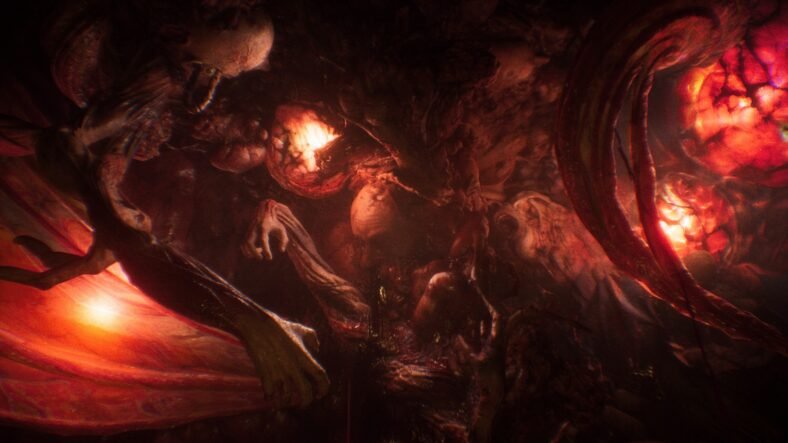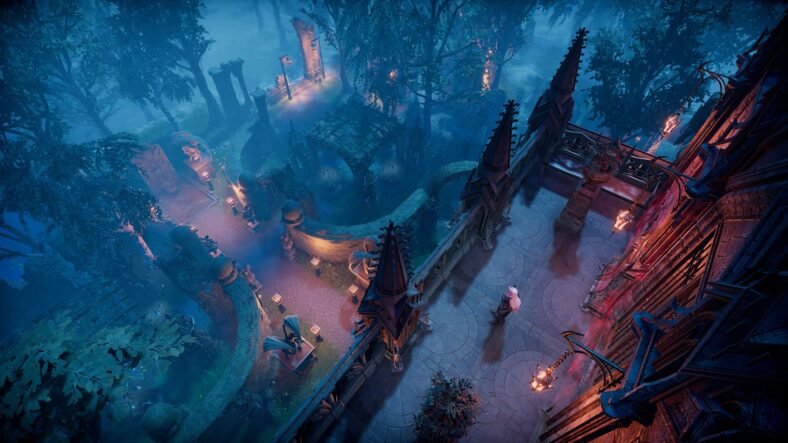
In this Total War: Three Kingdoms Characters Guide, we will detail everything about the different Characters there are in the game, best skills that you can have for your characters, how to increase Rank, and how to manage character relationships.
Characters in Total War: Three Kingdoms touch every part of the campaign game. They are the generals of your armies, inhabit key posts in your faction hierarchy, boost productivity in your commanderies, engage in espionage on your behalf, and grant benefits to every aspect of your game, both on the campaign map and in battle.
Characters are complex. They have different personalities, different drives, and motivations, and build relationships – both positive and negative – with those around them. You must attend to their needs in order to keep them loyal and shield them from situations which will dissatisfy or endanger them.
Total War: Three Kingdoms Characters Guide
Below we have detailed character classes, how you can increase rank, how to manage character relationships, and the best skills to have for your specific character.
Character Classes
There are 5 Character classes in the game.
Commanders
These are depicted by the yellow color, and best in giving decent bonuses to melee, cavalry, faction opinion, and peasant income via the focus on character satisfaction and unit morale.
Vanguards
These are depicted by Red color, and focus on shock cavalry. They are speedy and blitz through enemy lines. The focus more on the Instinct Stat which are melee damage and recruitment cost discounts.
Champions
These are green color character, who are your duelist and can be tough to beat in fights. They give boosts to spearmen and food production. The focus on the Resolve stat which is health increase and population growth.
Sentinels
These are represented by grey color and are front line fighters that can take damage like a tank while playing defensively. They focus on Swordsmen and shielded infantry, while also the Expertise stat which is construction cost discounts and melee evasion.
Strategists
These are represented by blue color, and are tactically intelligent who can handle commerce or trade assignments, with a knack for boosting archer units and siege weapons. Strategists have a high Cunning stat which is ammunition increase and military supplies.
How to Increase Character Rank
As your characters gain experience, they will gain levels that earn you points to invest in certain skills. When a character has leveled up, you will be able to see an up arrow in the bottom left of their character portraits.
Right click on the character which will bring up the Character panel. Now click the Skills tab where you can unlock a skill that will give your character certain skills or abilities. Applying Skills to the character will increase their rank.
Each skill will have a color that corresponds to one of the attributes from the list above. These Skills are important as they give your characters special abilities to use in battle or to increase their performance on the campaign map.
Best Skills for Characters
As you gain levels, you will want to make sure you are selecting skills that will best suit your character. Every character in the game can have skills that increase their abilities. You can choose each skill before you apply, and read their details when you hover over a skill.
Skills trees differ according to a character’s class, granting them bonuses and new abilities related to their role and function in campaign and battle. There are also skills which grant improvements to attributes other than their key attribute, so the player has a choice in shaping their development and abilities and broadening their effectiveness outside their core class role.
Skills may grant new passive or active abilities in battle, enhance a character’s attributes, bring bonuses to specific unit types in their retinue or army, or improve aspects of their campaign presence. You can mouse over each skill in their skills tree to scrutinize its effects before choosing where to spend a character’s skill points.
For example, if you have a Sentinel character, he will have an emphasis on Expertise. If your character is a Legendary character, it will have attributes that play into his grander part in the Romance of the Three Kingdoms.
Legendary characters gain experience at a faster rate than normal characters. Reaching 100 in any attribute can turn a normal hero into a Legendary character
Every character will gain the primary attribute of their class, plus secondary or even tertiary attribute depending on their background. Each attribute will affect a military benefit and a campaign benefit.
It’s best to keep in mind that all attributes help out any character despite their class or background. If you are having trouble with the satisfaction of a Vanguard character, increasing their authority can help you in this matter. Or if you have a Champion that has a lot of archers in their retinue, then Cunning skill will aid by increasing their ammunition reserves.
Character Relationships
As characters become embroiled in the same events, or hold positions in close-proximity working environments such as armies, your court, or the administrational office of a commandery, they can develop positive or negative relationships with one another. These relationships can influence their satisfaction and performance in battle. You can view a character’s relationships under the relations tab in the character panel.
Any of your characters can form a relationship with another character, and these can form when localized events happen involving them both. There are many events that are varied from battle outcomes, duel outcomes, even interruptions, diplomatic acts between your faction leaders, appoint or recall from an administrational or ministerial role, etc.
Once a relationship is formed, a character’s traits can enhance harmony or disharmony between the two individuals. Resonant traits between characters, or traits in a character that another respects, may promote harmony. Dissonant traits between characters, or a trait in a character that another dislikes, can promote disharmony.
These fluctuations cause relationships to deepen. Characters’ attitudes towards others in close-proximity working environments are indicated by speech-bubbles over their portraits, displaying ticks or crosses if they’re working with someone they particularly like or dislike.
A character’s relationships can alter their capabilities in battle. If a character is rivals with another in the same battle – whether friendly or the enemy – he will act more aggressively, gaining bonuses to his fighting abilities. Likewise, if a character has a friend in his army or the enemy’s, both will mutually gain defensive bonuses. If one falls, however, the other will enter a state of rage – they will gain large combat bonuses and become uncontrollable for a period.
Read more Total War: Three Kingdom Guides:
This concludes our Total War: Three Kingdoms Characters Guide. Feel free to comment below.










